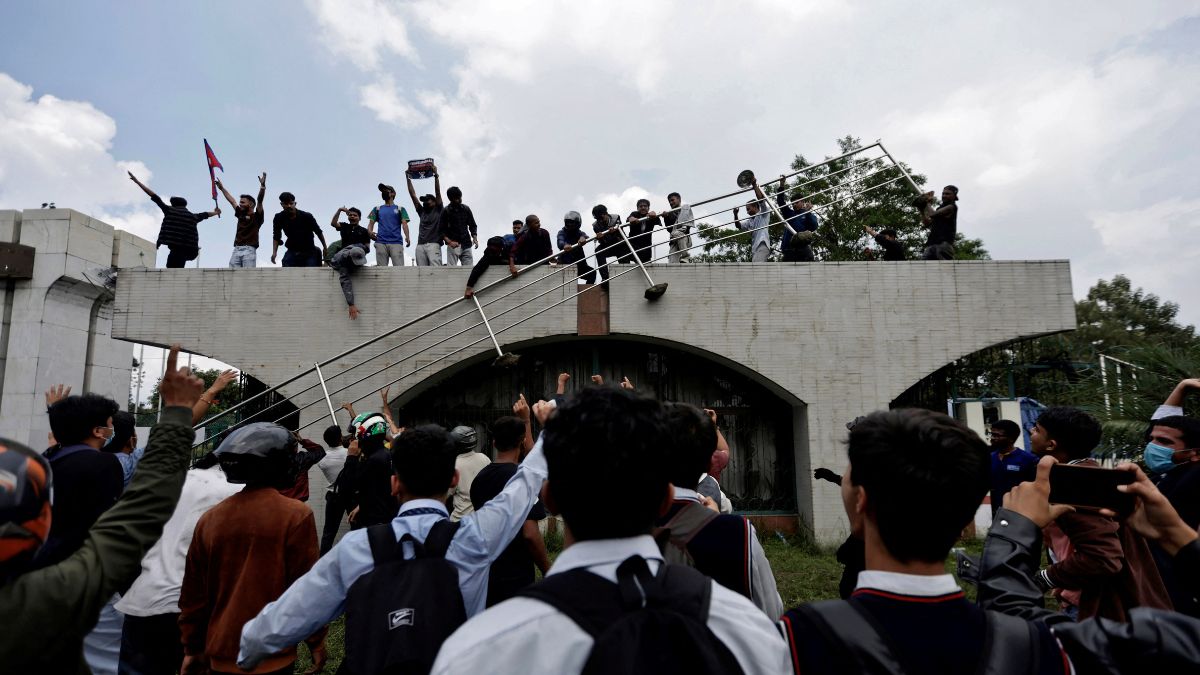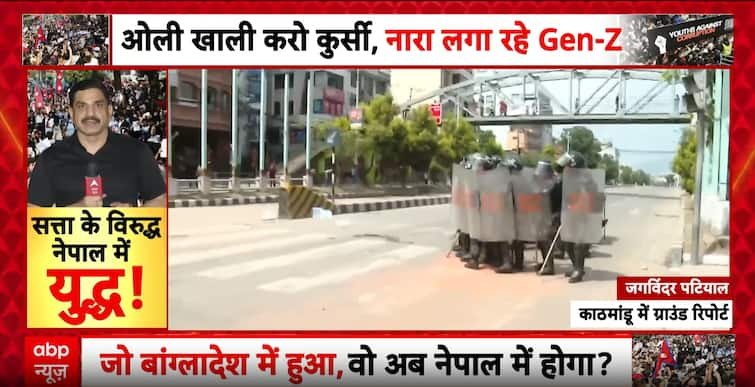After the police crackdown killed 19 protesters and injured hundreds, three Nepali ministers have quit amid rising pressure on Prime Minister KP Sharma Oli to resign.
After the police crackdown killed 19 protesters and injured hundreds, three Nepali ministers have quit the government amid mounting pressure on Prime Minister KP Sharma Oli to resign.
After Home Minister Ramesh Lekhak resigned on Monday evening, Agriculture Minister Ramnath Adhikari and Water Supply Minister Pradeep Yadav resigned on Tuesday morning. While Lekhak and Adhikari are from Nepali Congress (NC), Yadav is from Janata Samajbadi Party.
NC President Sher Bahadur Deuba is under pressure from party leaders to quit the Oli-led coalition government, according to Kantipur newspaper.
In an apparent attempt to placate the angered masses, Oli on Monday evening held a Cabinet meeting and announced the creation of an investigation committee to look into the incidents in Kathmandu and elsewhere in the country.
Oli said that “a very unfortunate incident” occurred in reference to the violence and blamed it on “infiltration and our attempts to protect some constitutional institutions from arson and vandalism”, according to The Kathmandu Post.
Several thousands of Nepalis took to streets across country on Monday in youth-led protests against the government’s corruption and ban on social media. The police crackdown killed at least 19 persons — 17 in Kathmandu and two in eastern Nepal’s Sunsari district. More than 400 were injured, as per The Post.
Thousands of protestors, many of them in school or college uniforms, marched with placards with slogans such as “Shut down corruption and not social media”, “Unban social media”, and “Youths against corruption”, according to Reuters. In Kathmandu, as thousands marched towards the parliament, the police set up barricades. As they breached the restricted zone and entered the premises, the police responded with water cannon, tear gas, and live bullets, as per The Post.
‘Are we heading toward authoritarianism?
In his resignation letter shared on social media, Agriculture Minister Adhikari of Nepali Congress asked whether the country was heading into authoritarianism instead of democracy. He said that he could not remain in the government after the “killing and suppression of innocent young children”.
“After the killing and suppression of innocent young children, the nation has been plunged into mourning. Remaining in government under such circumstances goes against my moral values and the teachings of my party. My conscience has warned me, and I feel guilty continuing in my ministerial role. Therefore, I extend a moral apology to the nation and the people, and I hereby tender my resignation from the post of Minister, expressing my objection to this undemocratic action by the government,” said Adhikari in Nepali.
Water Supply Minister Yadav said in Nepali that he was resigning in “opposition to the repression carried out by the government and administration”.
While the immediate trigger of Monday’s youth-led protests, being dubbed the ‘Gen Z protest’, was the Oli government’s ban on 26 social media platforms, including Facebook, Instagram, and X, the ban merely brought public’s anger against Nepal’s political instability, consecutive governments’ failures to address their concerns, and a widespread sense of rampant corruption in the government to the fore.
Even as the Oli government withdrew the ban on Monday evening, protests across the country have continued. Protesters have continued to target homes and offices of politicians and parties part of the government.
End of Article

)

)